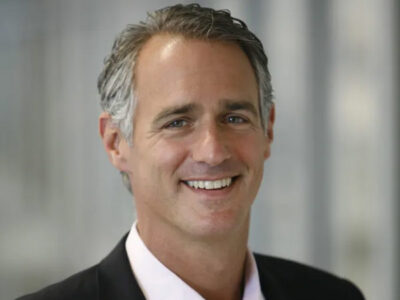Paul Jacobsen was named associate director of the NCI Division of Cancer Control and Population Science Healthcare Delivery Research Program. Jacobsen says he hopes his joining the institute signals to the scientific community the strength of the institute's commitment to healthcare delivery research.

















